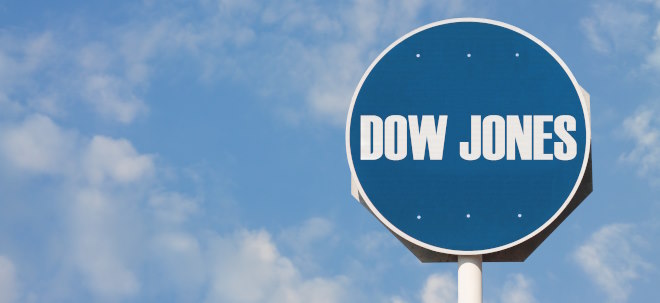Ist zwar schon knapp einen Monat alt, steckt aber einiges an Fakten drin, was für ein Potential ein "big player" im fayetteville shale sieht!
Sehr interessant sind folgende Aussagen:
- SWE investiert im fayetteville gas play $875 million in 2007, was 70% seiner gesamtinvestitionssumme in 2007 entspricht.
- SWE holt jeden Tag 100 million cubic feet aus ihren Feldern im fayetteville shale dazu bräuchten sie im Barnett Shale 16 Jahre
- Der "production peak" wird erst in 7 Jahren erwartet
- Für 2007 sind weitere 400 Bohrungen vorgesehen
- Und der entscheidende Satz: "As they kept working on the project, they realized the shale got thicker toward the east and speculated that it could mean a lot of gas was there, he said"
Im Osten vom Haupfeld sind wir ;-))
Aber hier der ganze Text und der Link zum nachlesen:http://www.arkansasnews.com/archive/2007/01/21/News/339730.html
Southwestern Energy committeed to Fayetteville Shale
Sunday, Jan 21, 2007
By Jason Wiest
Arkansas News Bureau
LITTLE ROCK - Nearly five years ago, "one of those lightbulbs went on" and Southwestern Energy Corp.'s Harold Karoll and his team realized vast amounts of natural gas might be sealed in the Fayetteville Shale play.
Today, the future of the company's stake there remains largely in the shadows. Fewer than half of the 887,000 acres the Houston-based company snatched up leases for has been explored.
Surely the company wil have some success on the 55 percent that remains unexplored, the 38-year veteran in the oil and gas industry says, but even he admits he could be wrong.
"I can tell you so many times in my career when you have good guesses and they don't work out," Karoll said in a recent interview with the Arknasas News Bureau. "Lots for dry wells."
Still, Southwestern plans to invest about $875 million in Arkansas in 2007, about 70 percent of the company's entire planned investments for the year.
"It's not scary, as long as the results are being what they are right now and as long as prices are in the reasonable range," Karoll said.
A 1,000 cubic foot unit of natural gas goes for about $6.50 today, not far from two-year lows.
Results for the Fayetteville play aren't as easy to measure.
Southwestern got a $40 million return from a $700 million ininvestment through 2006.
But already the company is taking 100 million cubic feet out of the North-Central Arkansas ground daily. It took 16 years to achieve that production level in the Barnett Shale of North-Central Texas, which closely resembles the Fayetteville Shale.
Peak production in the play is at least another seven years out there, according to Korell's "wild guess."
Drilling will ramp up dramatically in 2007, with plans for 400 more wells, a fraction of the 8,000 wells Korell estimates will be drilled - on the 45 percent of his company's acres that have been explored, he said.
At that rate, drilling wouldn't be completed for another 20 years, meaning earning a profit is "probably certainly beyond '09," Korell said.
"There's so many variables in it that I'm reluctant to try to guess a date, but it's out there quite a ways in the future," Korell speculated calmly as chief executive of the energy company that "definitely got the prime stuff" during the Fayetteville Shale land grab.
The really concern came in 2002, he said, after the lightbulb first came on and he worried that Southwestern's idea was not unique.
Production was increasing in wells that were drilled deeper into the shale and completed in the sand in Western Arkansas. His team figured the natural gas must be coming from the shale, which was thin in that area, he said.
As they kept working on the project, they realized the shale got thicker toward the east and speculated that it could mean a lot of gas was there, he said.
After about 10 months of research and mapping, the company started leasing land, investing $25 million in leases before ever drilling, he said.
The operation did not need to be secret to stay ahead of the competition, he said.
"Most of our industry had given up" on Arkansas, he said. "They would think if you were leasing land out in this part of Arkansas you were either crazy or you had a pretty small thing you were looking for."
What some might have thought to be a small thing is expected to create 10,000 jobs and make a $5.5 billion impact in Arkansas through 2008, according to a University of Arkansas study that was funded by Southwestern.
"No one had any idea, no one had thought, no one had figured it out," Korell said. "That's what our business is really about. This is a treasure hunt."
|


 Thread abonnieren
Thread abonnieren


